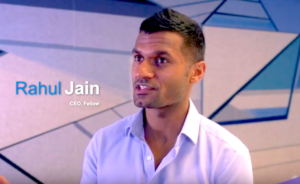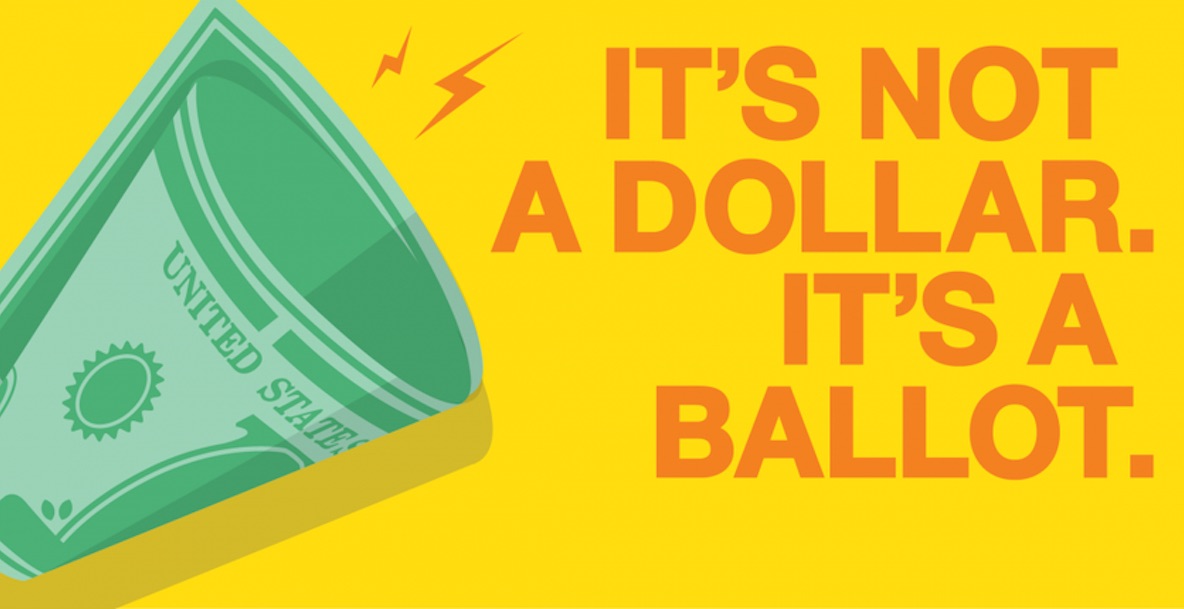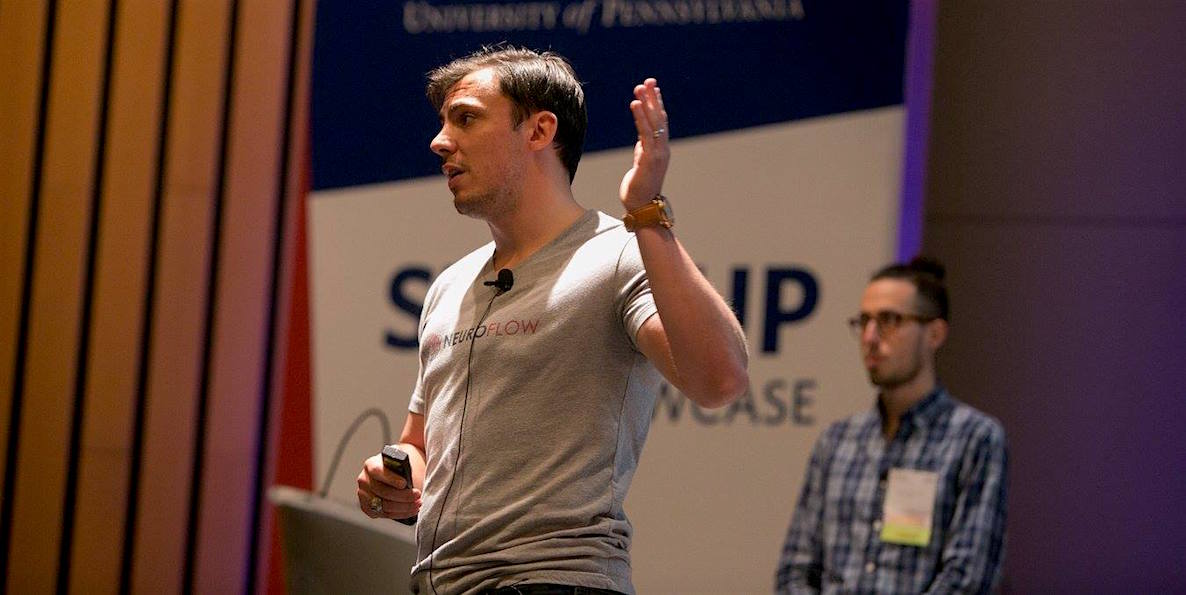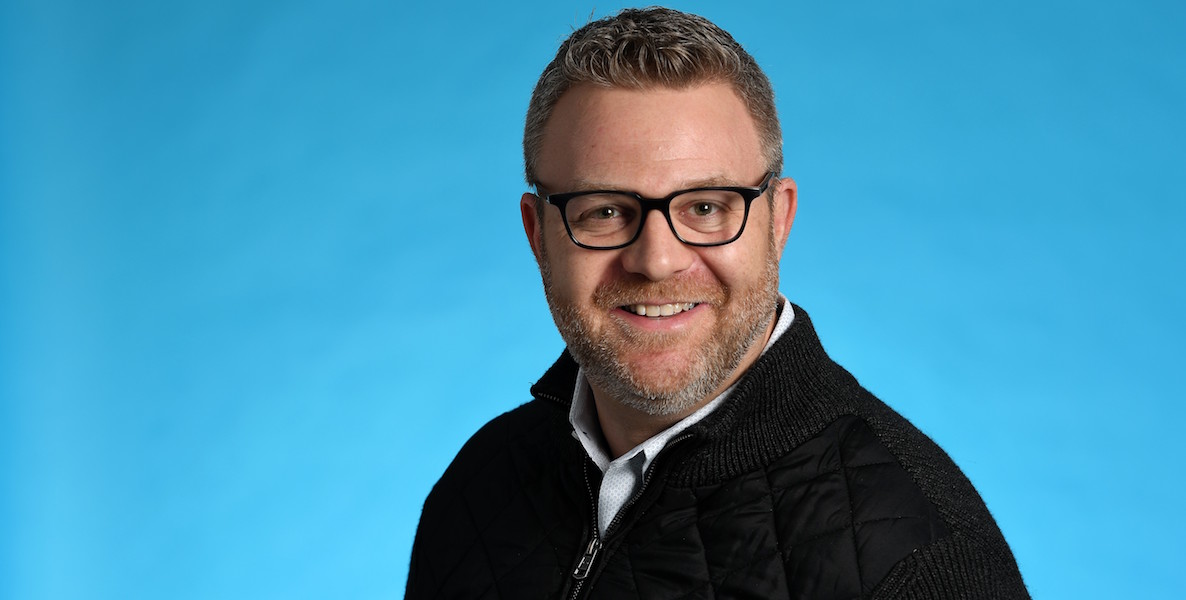It was the fall of 2012, and four friends, all recent college grads—Nick Valilis, Rahul Jain, Hareesh Ganesan, and Ankur Aggarwal—were ready to make their mark on the world. As the others headed into consulting and technology law, Valilis started medical school—and just one week in, received a devastating diagnosis of a rare form of leukemia.
“It completely turned his world upside-down,” says Jain. “He went from being a healthy 22-year-old to being on 10 medications a day. Nick was young; he was smart; and ironically his father was an oncologist—so he was the right demographic to know why you’re taking your medications. But the complexity of it was difficult [even] for him.”

As Valilis’ illness progressed, the four friends got to thinking: There had to be a way to make this part of being sick a little easier. They discovered a wide range of “smart” pillboxes on the market—but realized they could build a better one. “It’s one thing to have a pillbox that can remind you to take medicine, but what if you actually had someone on your side—kind of your advocate, a fellow in your corner?” Jain wondered.

Prefer the audio version of this story? Listen to this article on CitizenCast below:

That line of thinking led the friends to create the aptly-named Fellow: a sleek white apparatus designed to hold a week’s worth of pills and notify patients, with lights and reminders, when they’re due to take their meds. Fellow, according to an IRB (institutional review board)-approved study done with Penn Medicine and Independence Blue Cross, showed an increase in patient adherence ranging from 70 to 99 percent.
An estimated 100,000 Americans die from complications related to not taking their medications, or not taking them correctly, each year. In the U.S., that accounts for roughly one in three hospital admissions and an estimated $100 billion in healthcare spending annually.
Largely this is because of what sets it apart from the ever-growing sea of competitors, says Jain, now Fellow’s CEO: Its human component. Every Fellow user has access to a health assistant, a veritable medication navigator, who shoulders the time-consuming and morale-sucking burdens of connecting with a patients’ physicians, insurance provider, and pharmacy (both the pillbox and the health assistant service are HIPAA-compliant).
Initially developed at Penn’s Dreamit Health accelerator with the support of Penn Medicine and Independence Blue Cross, Fellow lives at the intersection of product and service. And it’s a particularly meaningful innovation at a time when an estimated 100,000 Americans die from complications related to not taking their medications, or not taking them correctly, each year. The phenomenon is known as medication nonadherence—and, in the U.S., it accounts for roughly one in three hospital admissions and an estimated $100 billion in healthcare spending annually.
![]()
Those astronomical figures help explain the boom in interventions designed to get people to take medications as directed, says Jenna Shanis, a lecturer in the Integrated Product Design group at Penn. Shanis is not affiliated with Fellow, but she’s uniquely positioned to recognize its potential impact: As the founder of the Philly-based product design company Peel Design, an angel investor in new products, and a teacher of Penn’s graduate-level course on Needfinding—the thoughtful study of uncovering people’s needs to identify opportunities for innovation—she recognizes that Fellow’s human element is a meaningful point of distinction. And she points out that, as technology has advanced, so too have attempts at managing medications.
“Where people used to rely on reminders from family or notes on the fridge, now technology has allowed for a host of new products to meet some of the same needs. There are light-up pill bottles and electronic medicine dispensers, services that organize and deliver pills in individual packets for daily consumption, apps that send reminders to your phone,” Shanis explains.
![]()
Once a patient becomes a Fellow customer, she’s paired with a health assistant who will, say, consult with Fellow’s on-staff pharmacist to make sure the medication list reflects the most current treatment options; negotiate the best prices and secure pre-authorizations for drugs; contact physicians to determine if there are any other conditions that may be affected by the patients’ drugs; and even provide a visual map or diagram of how pills should be arranged in the pillbox.
Confusion and forgetfulness aren’t the only reasons people fail to take their medicine, Shanis notes. Often there’s a deeper psychology at play—burnout, or simply wanting to avoid the constant reminder of one’s illness. Recognizing this, Fellow’s health assistants are trained to pick up on those cues, as happened when a health assistant recently noticed that a patient had been skipping her meds; called the patient and found out the patient was tired of feeling sick; and contacted the patient’s physician and pharmacist to see if there were two meds that could be combined into one, to reduce the patient’s burnout.
Fellow, according to a study done with Penn Medicine and Independence Blue Cross, showed an increase in patient adherence ranging from 70 to 99 percent.
Patients are at the heart of the product’s design too. Fellow’s in-house product development team worked on the apparatus with Frog, the firm responsible for the first Apple computer. No wonder, then, that every aspect of the device connects fashion to function: There are 28 individual pill wells—four spots designated for each of seven weekdays, with the morning well larger than the others to account for the fact that most people take the bulk of their meds first-thing. There is the subtly curved shape of each well, so that arthritic or shaky fingers don’t have to battle hard-to-reach corners to fish out small pills. There are glowing light-up reminders, created with a nod to those who are hard of hearing or have low vision.
![]()
The box weighs two pounds, goes through airport security, and is compatible with Verizon’s network, making WiFi or Bluetooth unnecessary (though compatible). As with many other devices, patients can create a care network of friends and family who can receive updates and alerts as well.
For the last 18 months, Fellow has been available exclusively through select health insurers—hundreds of patients nationwide, ages 25 to 101, with conditions like diabetes, hypertension, mental illness, cancer, and more, have been using it. Starting this week, Fellow will be available directly to consumers at myfellow.com. Pricing starts at $249.99 for the one-time purchase of the device with a monthly fee of $19.99 or $14.99 thereafter. (Some insurers will cover the cost.)
Sadly, Nick Valilis died in April 2017, leaving his friends and family bereft. Jain, Ganesan, and Aggarwal credit him as one of the original co-founders of Fellow—and through the heartwarming, human-centric focus of Fellow’s team, Valilis’ legacy lives on. “We aim to treat every single Fellow customer like a friend or family member,” Jain says. “That was always Nick’s goal. I think he’d be really proud of what we’re doing now.”
Photo courtesy of Fellow and Rory Creative





